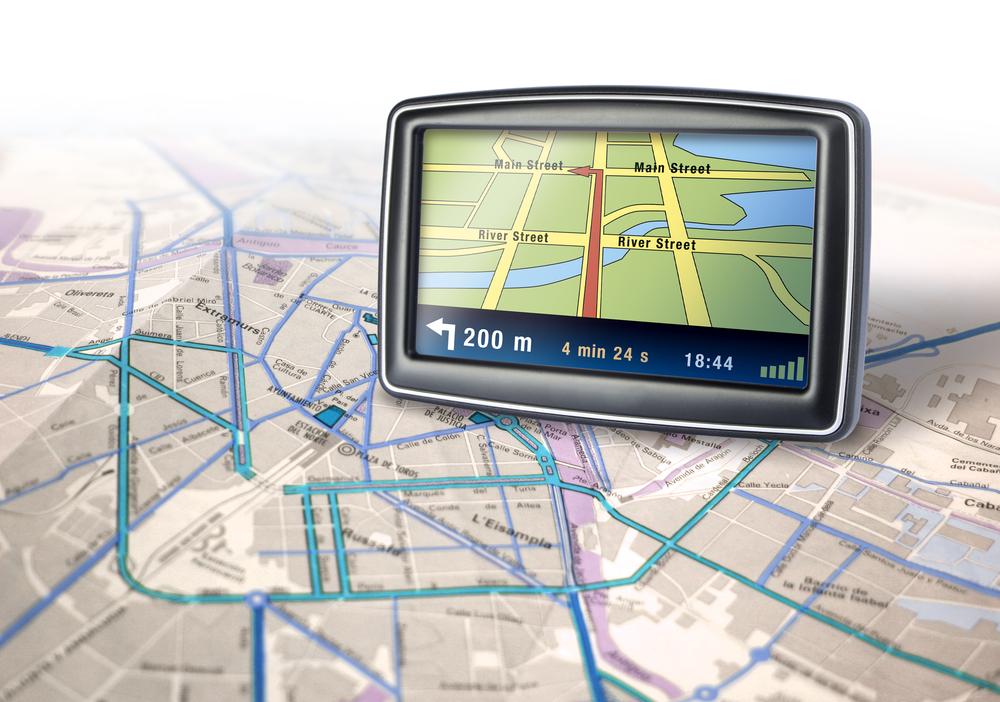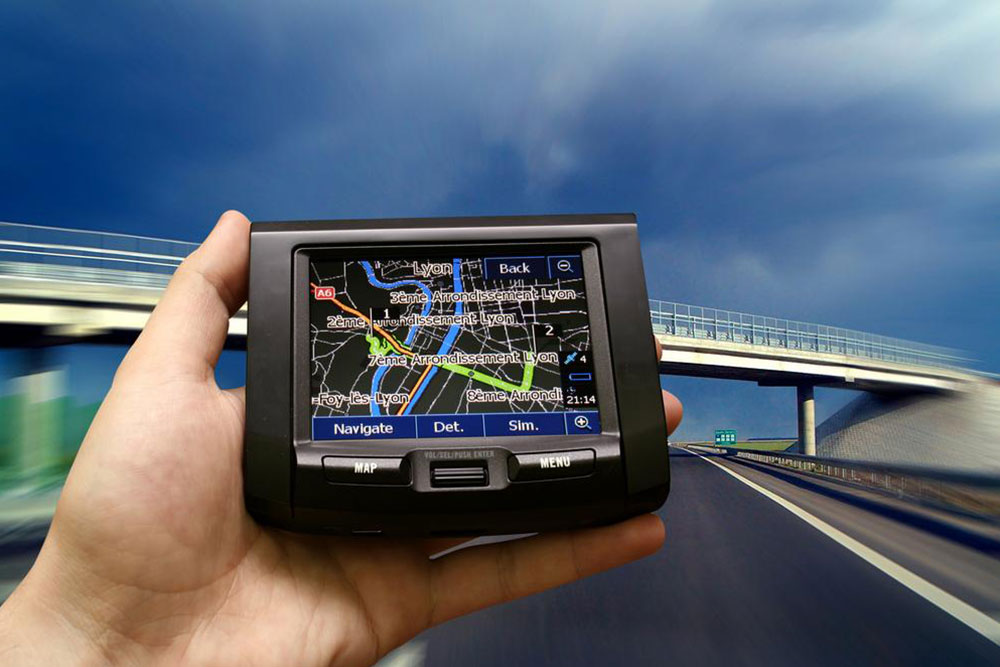Advantages of Implementing GPS Vehicle Tracking Solutions
Discover how GPS vehicle tracking systems can enhance fleet safety, optimize routing, reduce costs, and streamline operations. Learn about essential features, benefits, and tips for selecting the best GPS solution for your business. Implementing these systems improves efficiency, accountability, and vehicle maintenance, ultimately leading to a more productive fleet management strategy.
GPS technology, or Global Positioning System, has revolutionized vehicle navigation through advanced features that boost fleet management. These systems enable real-time tracking of all vehicles within a fleet, enhancing operational efficiency and security. Alongside location monitoring, GPS solutions often include automation, alerts, and maintenance notifications, making them essential tools for modern transportation management. Understanding how these devices operate and their benefits can guide businesses in selecting the right system to optimize routes, reduce costs, and improve safety.
Functionality of GPS Fleet Tracking Devices
These devices interface with existing GPS modules installed in vehicles, transmitting real-time location data via satellites to a centralized software platform. Fleet managers can then analyze movement patterns to reduce delays, manage routes more effectively, and enhance overall productivity. Similar to mobile GPS apps, telltale signals are sent from vehicles indicating their precise position. They can also suggest the safest and quickest routes for drivers to reach destinations efficiently.

Beyond basic tracking, advanced GPS devices monitor vehicle health, detect fuel usage anomalies, log mileage, and alert drivers about maintenance needs or technical issues. These features help lower operational costs and improve fleet management.
Key Benefits of GPS Tracking for Fleets
Ensuring safety and accountability is easier with GPS systems that record driving behaviors, overspeeding, braking habits, idling times, and route deviations. They support roadside assistance, document accidents, track driver attendance, and help prevent theft.
Cost Savings and Efficiency
Monitoring driving patterns reduces fuel wastage and maintenance expenses caused by poor driving habits. GPS alerts notify managers about excessive idling and unauthorized vehicle use, leading to smarter resource allocation. Additionally, these systems facilitate speed compliance, further reducing operational costs.
Minimizing Overtime and Improving Scheduling
Accurate real-time data allows optimal route planning, ensuring deliveries or tasks are completed promptly without unnecessary overtime. It helps adjust schedules dynamically to account for unforeseen incidents like breakdowns or driver shortages.
Digital Time Management
GPS systems incorporate automated time tracking, simplifying employee management. They record work hours, prevent time theft, log arrivals and departures, and synchronize task data—all remotely and efficiently.
Boosting Operational Performance
Automated maintenance reminders based on vehicle usage help keep fleet vehicles in top condition, reducing downtime and fuel costs. Proper vehicle upkeep enhances mileage and operational efficiency, making GPS tracking vital for effective fleet management.
Choosing the Right GPS Tracker
When selecting a GPS tracking device, consider features like user-friendly dashboards, alert systems, reliable signals, mobile accessibility, and compatibility with third-party applications. While budget is important, prioritize systems that meet your specific fleet needs for long-term benefits instead of solely focusing on price.
Note: Our blog offers diverse, informative content drawn from extensive research. Although helpful, articles should serve as guides rather than definitive sources. We are not responsible for discrepancies across platforms or for specific offers and schemes readers may find elsewhere.










